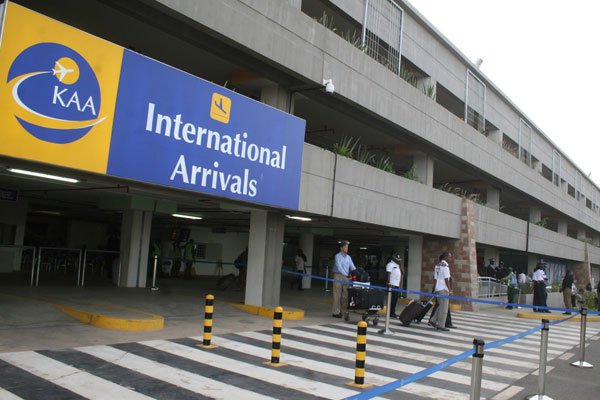BY GEORGE BODO
A Category One status was recently crowned on the Jomo Kenyatta International Airport (JKIA) by the US Federal Aviation Administration (FAA). This was a positive news for commercial aviation.
But there’s some background to it. International Air safety Assessment (IASA) programme is simply a safety and security audit of a country’s aviation industry and the relevant instruments.
The instruments of aviation are for example, airports, aviation personnel (pilots and technicians), inspection procedures, aviation laws and the reigning regulatory regime.
The main purpose of the audit/assessment is to determine whether the concerned country’s civil aviation industry is in conformity with the International Civil Aviation Authority’s safety standards and actually those of the US’s FAA.
So why is the involvement of FAA in the audit anyway?
The US is the world’s largest stakeholder market in aviation, home to Boeing, one of the largest commercial aircraft makers in the world. In 2016, it delivered 748 commercial airplanes, 80 more than its European competitor, Airbus.
Effectively, a safe and secure global aviation industry is to the best interest of the US. It will be therefore beyond naïve for the US to play a sitting duck and disengage from the global aviation industry.
The US has therefore developed first class aviation standards to the Senvy of the rest of the world including the international aviation organisations.
The US leadership also brought about the internet and ISO standards certification. The US’s Civil Aviation Regulator is unofficially the implementing agency of ICAO, as its ratings are the gospel truth.
But what actually is the meaning of this bestowment? First, it means that the air carriers of that country can fly directly and land in the US airports—flights can originate from JKIA to US airports.
Second, they can enter into code sharing with the US air carriers.
This arrangement alone offers access to the US market, the world’s largest economy in form of goods and services of which they will be able to reach the market at the shortest time possible devoid of unnecessary stop overs.
I’m still in the process of quantifying direct benefits but from the onset, tourism (both holiday and conference) and trade will significantly benefit. On the trade front, horticulture should top the list of benefactors.
Trade between Kenya and the US is at par according to the 2015 surveys after the US imports dropped significantly.
Kenya’s exports to the US are under a ‘semi-favoured’ status through the AGOA Act; and the Trump Administration has repeatedly threatened to downgrade such trade agreements.
On the tourism front, the US seems to be edging out the UK as the largest source market.
Category One status to JKIA could be just the proverbial trigger needed to catalyze the numbers. However, exploration of the US market will be somewhat a tall order due to stringent regulations and requirements.
This will probably be made worse by the rising unpredictability of Mr Trump, who is at the same time threatening the size of the diaspora!
And of course, our working and implementing arm of this category one status is no doubt Kenya Airways (KQ).
I know there will be an opportunity to launch direct commercial passenger flights to the US, as well as cargo. However, and I need to reiterate this, route economics may not entirely be in KQ’s favour.
For instance, the average cost of seats flying into the US is extremely thin (partly driven by massive pricing powers of the gulf carriers).
My second concern is JKIA current capacity. I’m worried that the success of operations under the Category One status may exhaust the recent capacity enhancements within a short period.








